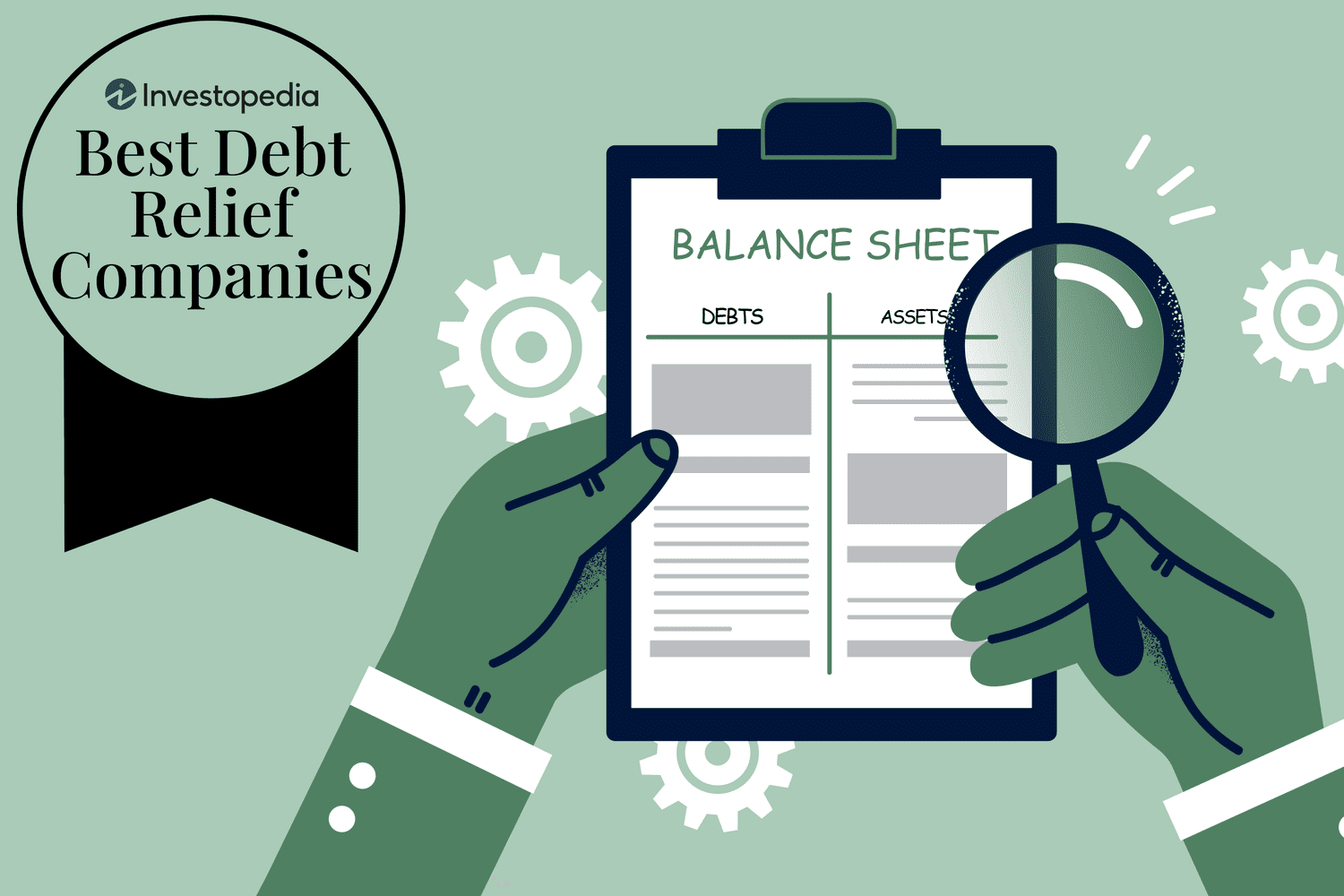Debt settlement is an increasingly popular approach https://adr-debtconsolidation.com/debt-settlement/ for individuals struggling with overwhelming debt. It involves negotiating with creditors to reduce the total amount owed, allowing borrowers to pay off their debts for less than the original balance. While it offers a potential solution for those burdened by high debt, it is also a complex process that requires a thorough understanding of its benefits, risks, and alternatives.
What is Debt Settlement?
Debt settlement is a form of debt relief that can help individuals who are unable to keep up with their payments. Unlike debt consolidation, which combines multiple debts into one, or bankruptcy, which wipes out certain debts entirely, debt settlement works by negotiating with creditors to accept a lump sum payment that is less than the total debt. This process is often facilitated by a debt settlement company or a lawyer, though individuals can attempt to negotiate on their own.
How Debt Settlement Works
- Financial Assessment: Before initiating debt settlement, individuals need to assess their financial situation. This includes understanding how much they owe, to whom, and what their financial goals are. The process typically works best for those who are significantly behind on payments, as creditors may be more willing to negotiate.
- Negotiating with Creditors: Once a strategy is in place, negotiations with creditors begin. The aim is to convince them that accepting a reduced payment is better than receiving nothing if the borrower were to file for bankruptcy. Creditors may agree to reduce the debt in exchange for a lump-sum payment or a structured settlement over time.
- Accumulating Funds: During the negotiation process, borrowers often stop making regular payments and instead save money in a dedicated account to build up enough funds to offer a settlement. This can be risky because missed payments will negatively affect credit scores, and interest may continue to accumulate on the debt.
- Settling the Debt: Once an agreement is reached, the borrower makes a single payment (or a few payments) to settle the debt. The creditor will typically report the debt as “settled” on the borrower’s credit report, which, while better than “unpaid,” still negatively impacts credit scores.
Benefits of Debt Settlement
- Reduced Debt: The most obvious benefit of debt settlement is the potential to significantly reduce the amount of debt owed. For individuals facing insurmountable debt, this can be a lifeline, helping them avoid bankruptcy and its long-lasting consequences.
- Avoiding Bankruptcy: While debt settlement does impact credit scores, its effect is generally less severe than that of bankruptcy. Avoiding bankruptcy can preserve future opportunities, such as obtaining loans, renting an apartment, or securing a job, as bankruptcy filings can be publicly accessible.
- Debt Relief in a Shorter Time Frame: Compared to debt management plans or trying to pay off debts in full, debt settlement can provide relief more quickly. Once the settlement is paid, the debt is cleared, and individuals can begin the process of rebuilding their credit.
Risks and Drawbacks of Debt Settlement
- Credit Score Impact: Debt settlement can significantly lower your credit score, especially if you stop making payments during negotiations. Late payments and settled debts remain on your credit report for up to seven years, affecting your ability to secure future loans or credit.
- Fees: Debt settlement companies charge fees, often a percentage of the settled amount or total debt. These fees can be substantial and, in some cases, may negate some of the benefits of settling the debt for less than the full amount.
- Tax Implications: Canceled debt is considered taxable income by the IRS. If you successfully settle a debt, the forgiven amount might be taxed, increasing your overall financial burden in the short term.
- No Guarantee of Success: Creditors are under no obligation to accept a settlement offer. In some cases, they may refuse to negotiate, leaving you in a worse financial position due to accumulated interest and penalties from missed payments during the negotiation process.
Is Debt Settlement Right for You?
Debt settlement is not for everyone. It is best suited for individuals who are facing significant, unsecured debt (such as credit card debt) and are unable to pay it off through regular means. It is particularly useful for those who are already behind on payments and are considering bankruptcy as a last resort. However, those who can afford to pay down their debts in full over time or who have secured debts (such as mortgages or car loans) may want to explore other options like debt consolidation, credit counseling, or a debt management plan.
Alternatives to Debt Settlement
- Debt Consolidation: This involves taking out a single loan to pay off multiple debts. The borrower then makes one monthly payment, ideally at a lower interest rate. This can simplify repayment and reduce total interest paid over time but doesn’t reduce the principal balance.
- Credit Counseling and Debt Management Plans: Non-profit credit counseling agencies can help individuals create a budget and negotiate lower interest rates or fee waivers with creditors. A debt management plan consolidates payments without reducing the debt itself but can make it more manageable.
- Bankruptcy: For those with overwhelming debt and no realistic path to repayment, bankruptcy may be the best option. While it severely impacts credit scores, it offers a fresh start by eliminating or restructuring debts.
Conclusion: A Strategic Approach to Debt Relief
Debt settlement can be a valuable tool for those facing financial hardship, offering the possibility of reducing what is owed and avoiding bankruptcy. However, it comes with risks, including damage to credit scores, potential tax liabilities, and fees. Individuals considering debt settlement should weigh the pros and cons carefully, consider alternative solutions, and, if possible, consult with a financial advisor or credit counselor. For the right candidate, debt settlement can be the path to financial freedom, but it requires a thoughtful, strategic approach.
